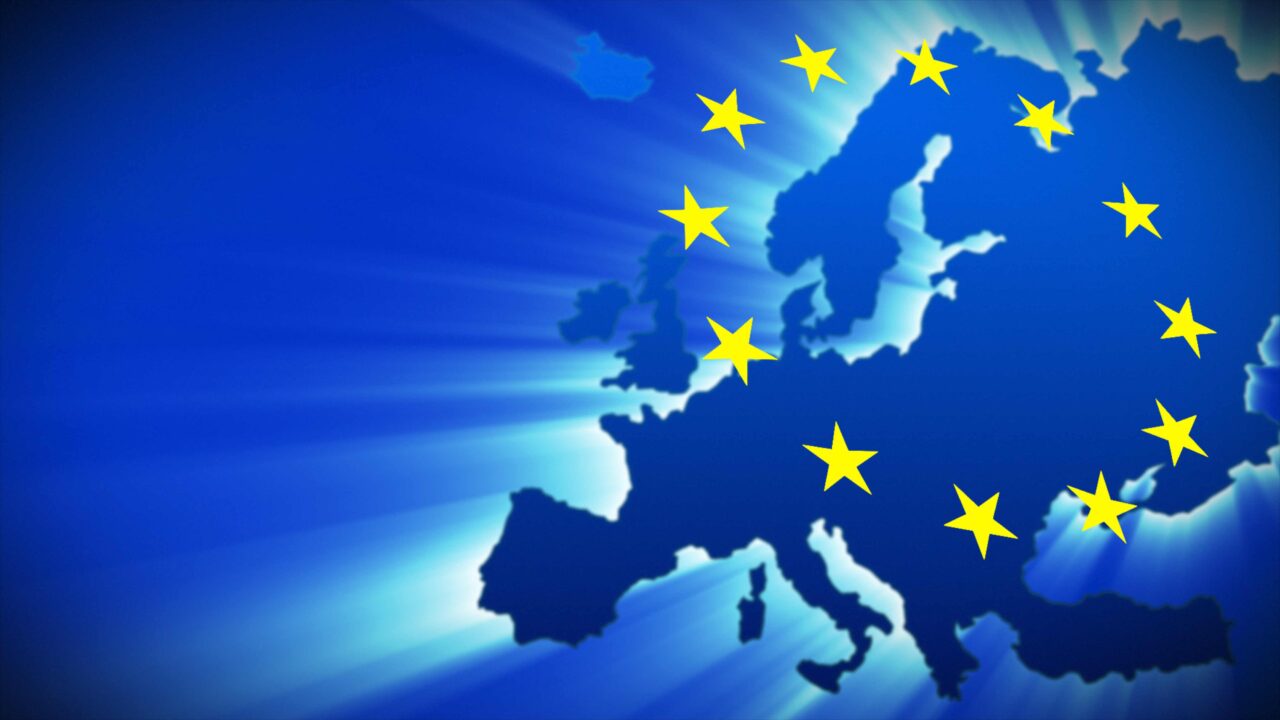Russia’s decision to extend its EU food import ban by a further 12 months will continue to damage the markets supplied by European farmers, according to MEP Mairead McGuinness.
“This has been the case for the past ten months and nothing will now change moving forward,” she said.
“In the first instance, members of the EU Parliament’s agriculture committee will want to ensure that the support measures put in place for farmers last August will be retained.
“As I understand it a letter, to be signed by a broad cross section of MEPs, will be sent to the Commission over the coming days. It will point out that a commitment was given by EU leaders that Europe’s farmers would not suffer on the back of any geo-political decisions taken in Brussels.
“The reality is that farmers have taken a significant hit in the wake of Moscow’s decision to introduce its food import ban. And the letter will make this point in the very clearest terms.”
Commenting on the specific impact of the ban from an Irish milk industry perspective, Lakeland Dairies’ CEO Michael Hanley said that farmers will continue bear the brunt of the pain that will accompany its extension.
“Moscow’s decision has not come as a surprise,” he said.
“Dairy markets have contracted since the introduction of the ban last August. Yes, alternative outlets have been found for a proportion of the dairy products previously exported to Russia. But not all of this slack has been taken up.
“There is also clear evidence to show that the dairy market within Russia itself has contracted considerably since the ban was introduced. This, again, will have longer term consequences for international dairy demand.”
ICMSA Deputy President Pat McCormack, said that the decision of the Russian Federation to continue with their ban on EU food imports would “certainly not help matters” and he noted that it would do nothing at all to help market sentiment.
But McCormack also believes that no reputable observer had expected any other decision on the part of the Russian authorities.
“We think the Russian’s decision to continue the ban will certainly slow down any prospect of a price recovery and reinforce what we in ICMSA consider to be the overly-negative market sentiment that’s out there at the moment,” he siad.
“We do think that the prices farmers are currently receiving are substantially below the price that recent Ornua indexes would indicate. We’re no worse off after the Russian decision than we were prior to it. But we’re not any better off either.”
